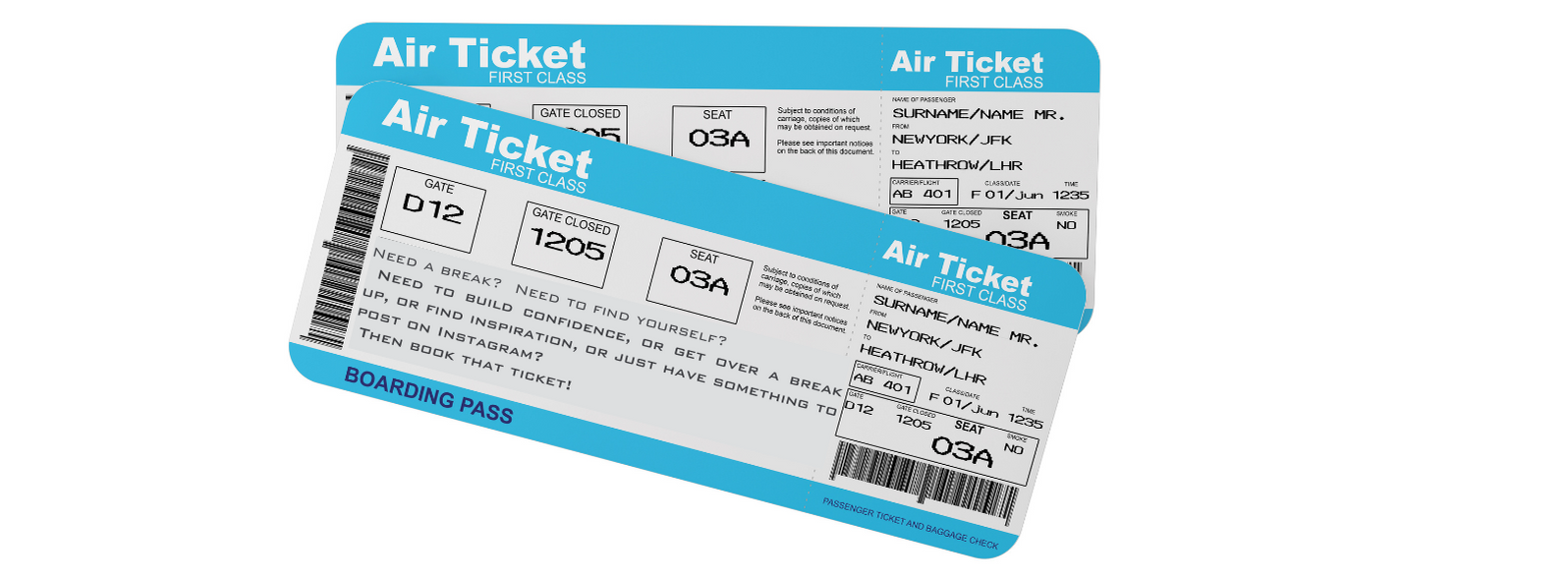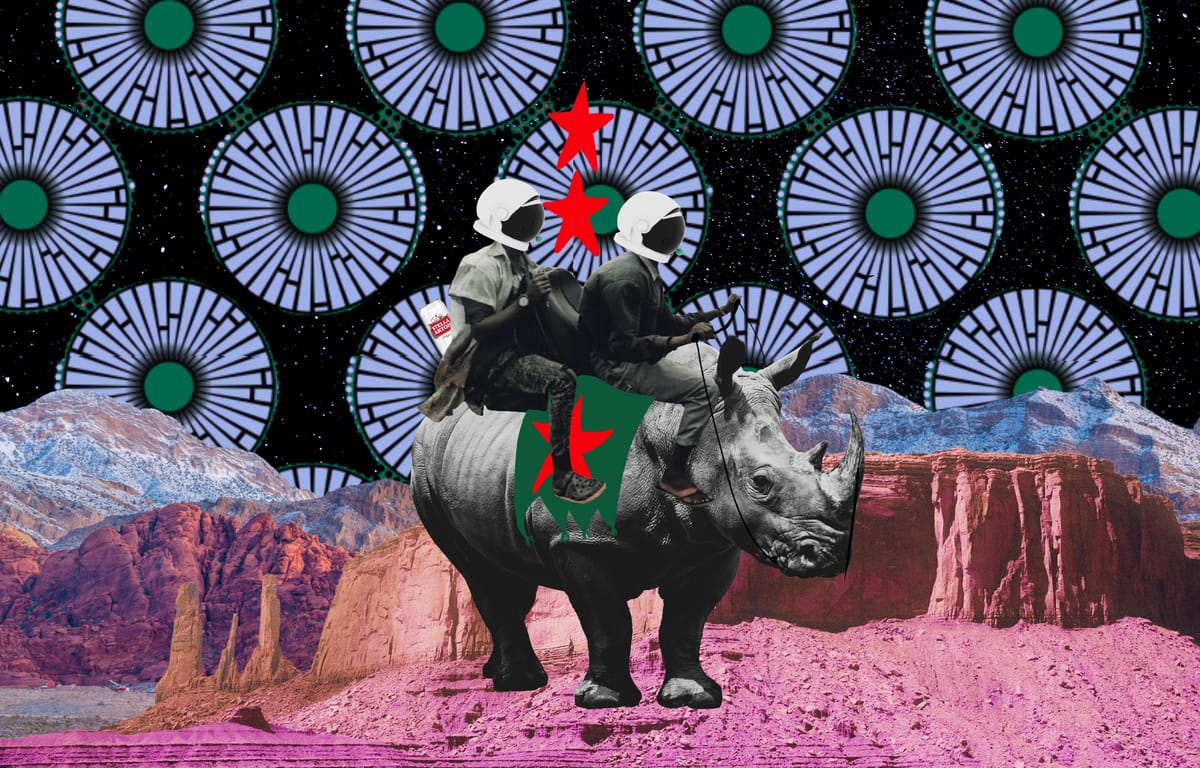By Teigist Taye
Somewhere in the UK, an eighteen-year-old British guy excitedly opens his laptop. His fingers brush some stray crumbs off his keypad before closing the last of his exam revision tabs and opening up a fresh window. Moving his mouse to the search bar, he types “pub crawls in Amsterdam.” Actually, he is twenty-five, and on video-call with his friends. They search for the “best clubs in Amsterdam summer.” Or maybe he is thirty-two, and keys in “STAG PARTY IDEAS AMSTERDAM.” Whatever his age, all these searches will yield the same response: a CSI-esque video pop-up with shots of young Brits, floppy-haired, wide-eyed and beer-haloed, being handcuffed, fingerprinted, and locked up in the Dutch city for their sins. Coming to Amsterdam for a messy night? The screen warns in bold text. Stay Away.
Overtourism seems to be the travel trend this season. Mexicans are protesting gentrification in their capital city due to long-stay travellers, Spaniards are defending Barcelona with water pistols, and Hawaiians have long since told the rest of the world that tourists should be staying away. Overtourism and its fallout (gentrification, environmental destruction, exotification, extraction, exploitation) are just some of the ways that travel today—under the layered systems of global capitalism—can be unbelievably ugly.
These protests are really just saying out loud what’s been bubbling under the surface for years: tourism isn’t the harmless “good for the locals” industry it's been sold as. Films like Crowded Out: An Overtourism Documentary lay it bare—tourism often drives up rents, crowds local infrastructure, destroys sacred environmental sites, and funnels money into foreign-owned hotel chains and travel companies rather than the local communities themselves.
But how should we respond to this? Resigning ourselves to staying at home, forever, feels overly simplistic and unrealistic. For all the ways that travel deepens harmful power dynamics, it is also woven into most of our lives, and can lead to beautiful moments for exchange and connection. So then the question becomes, when we do travel, how do we travel well? How do we move through this world in a way that not only lessens harm, but opens space for care, for flourishing? How can we become good comrades—and good guests too?
These were the questions on the table one summer afternoon in Antwerp, in the underbelly of an old church where I ran a workshop at the Queers on the Move (Qommunity) Festival. After some time spent going over the politics of travel, and threading the ways our movement felt inevitably intertwined with systems we wished to resist, a curly-haired man seated in the back offered us a quiet answer: one of the best trips he ever took didn’t even require him to leave his home.
Around this time last year, curly-haired man was facing a major life change. Almost by reflex, he’d planned a massive backpacking trip through Central America to work through the nerves and “find himself” before going home to face the music. The night before his trip, he sat out on his balcony and cracked open a can of Stella. As he saw the last bits of sunlight trickle through the gaps in the buildings in front of him, he realised something very important. He had no interest in actually seeing any of the places he planned to go to. He just thought that when faced with upheaval, travel was something you should do. What he really wanted wasn’t new experiences in his chosen destinations, but a break from his own life and the shifts it was undergoing— a chance to pause, reflect, and slow down before his every day began to look a lot different. He never made it to Central America, but this was his best vacation idea yet. Turns out all he really needed was his balcony, and like any self-respecting Belgian, an ice-cold beer.
So what does this mean for us without balconies or beers?
Too often we mistake the urge to travel for something that it isn’t. The cultural capital tied to travel gives it a super biased weighting as the obvious first response to many (first-world) problems. That’s not accidental. The media has been selling us travel-as-transformation for decades. Eat, Pray, Love made “finding yourself” in Rome or on the back of a Balinese motorbike feel like destiny, and now TikTok’s endless stream of travel influencers promise the same personality upgrade, but this time through an instagrammable hike, beach, or “local gem.”

When we treat travel as a way to “work through” something personal, we reduce the destinations and local people to props and scenery for our own self-development. Travel becomes more intentional, and potentially more ethical, when it stops being our default cure for heartbreak, boredom, or the need for wonder, escape, or self-discovery. This keeps us from travelling out of vanity, self-interest, or clout-chasing and makes it easier to see travel as a practice of relation—rooted in community and reciprocity as opposed to purely individualistic self expression.
This is important under late-stage Capitalism, which treats so many workers so badly that some feel entitled to blow off steam in other people’s cities. The tourists being told to stay away from cities aren’t just rowdy holiday makers, but everyday people, stifled by their working lives and traveling abroad for a sense of escape. Still, seeking respite from exploitation at home does not exempt us from responsibility to the global communities we impact.
How can we revolutionise self-interested, extractive dynamics within our travel? Let’s think about how to meet these needs at home first. What are the ways that we can invite more play into our lives? How can we change up our routine, go on small adventures, boost our independence, without ever stamping a passport?
Travelling with intention begins long before reaching the airport. It starts in how we structure our lives around our travel, and the reasons and values we hold on to while taking these trips. As the Belgian Balcony Beer reminds us, sometimes the best trip, most aligned with your needs, is knowing not to take one.
Help us keep Radish free to access. Consider becoming a member or giving once.

